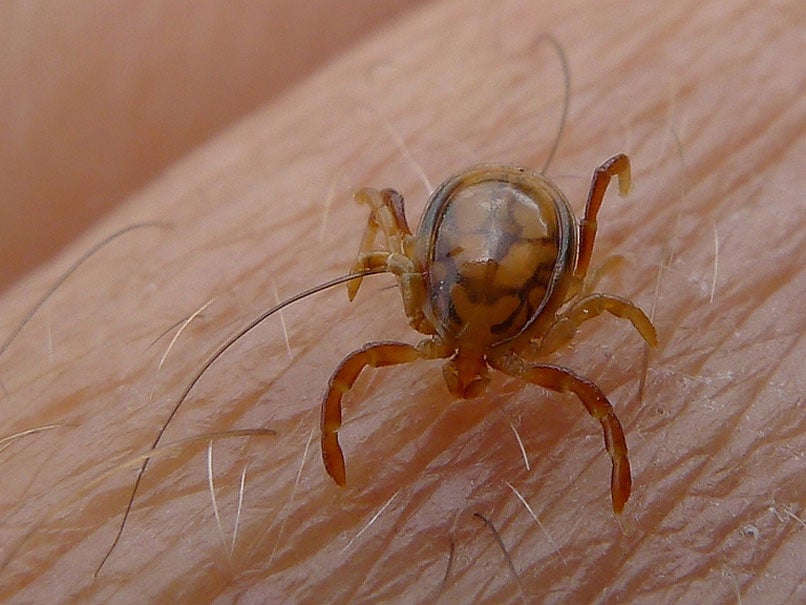Bourbon virus: researchers discover mystery tick-borne deadly virus
There is no treatment or vaccine for the newly-discovered disease

A new disease has been discovered and named the Bourbon Virus, six months after it killed a man in the US.
The virus is carried by ticks and is named after Bourbon County in Kansas, where a man died from it in the summer. It has taken since then for researchers to solve the mystery of how he died.
The disease is similar to another disease known as the heartland virus, which is also passed through tick bites. The initial symptoms were similar, consisting of fever and malaise and anorexia.
Bourbon Virus can be diagnosed through those symptoms and studying the blood in a lab.
The virus is similar to ones found in Eastern Europe, Africa and Asia, but no virus like it has been identified in the western hemisphere.
The man experienced those symptoms before dying from multiple organ failure. His is the only known case of the disease, and so doctors don’t know whether the disease is likely to lead to death in every case.
But the disease could well have infected others before doctors were able to identify it, according to specialists at the University of Kansas Hospital, where the man died.
"Bourbon virus has likely been around for some time, but only recently did we have the diagnostic techniques to isolate and identify such viruses," said Dana Hawkinson, an infectious disease specialist at the hospital.
The University of Kansas Hospital worked with the US Center for Disease Control to identify the virus.
Join our commenting forum
Join thought-provoking conversations, follow other Independent readers and see their replies
Comments
Bookmark popover
Removed from bookmarks